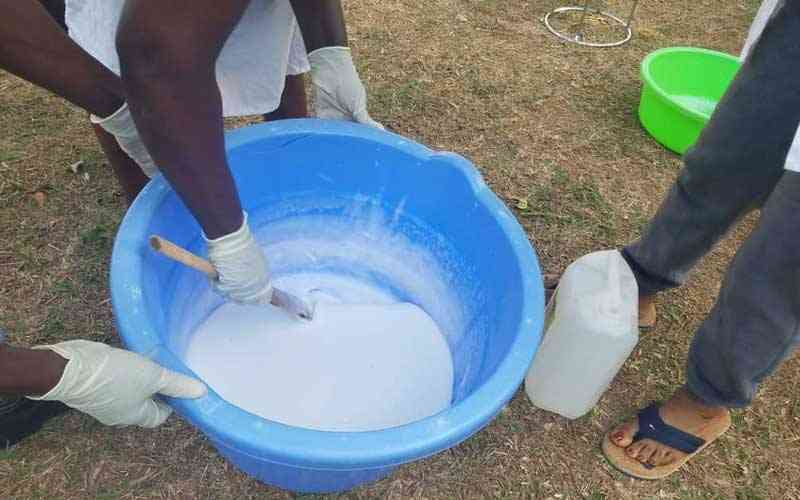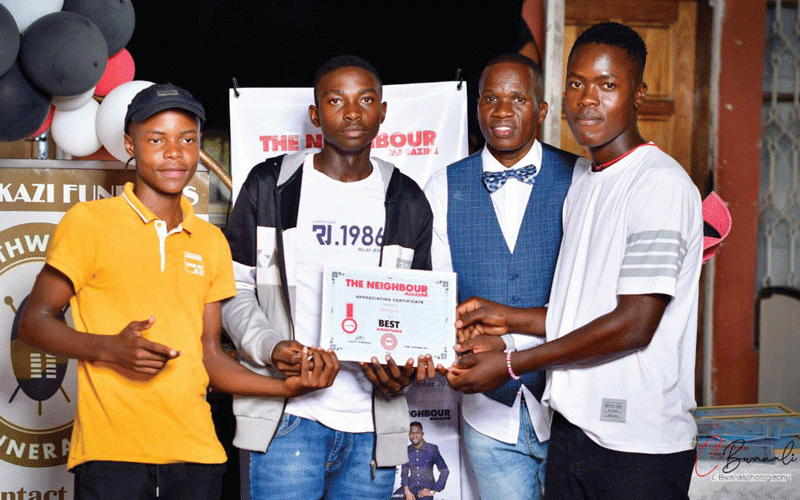
HUNDREDS of women in Mbire and Guruve, Mashonaland Central province, have had their lives transformed overnight after joining the Japanese government, United Nations Women-sponsored liquid soap-making project.
The women produce the soap for resale to sustain their families.
The project, carried out under a US$740 000 Japanese donation, was implemented by Lower Guruve Development Association (LGDA), a local civil society organisation, to mitigate the impact of the COVID-19 pandemic on women and girls in the two districts.
Under the project, over 500 women were trained in the production of liquid soap and personal protective equipment (PPE).
Following the success of the soap and PPE production project, the women have expanded to other revenue-generating projects like broiler production and goat rearing.
“We are implementing a COVID-19 response programme that has changed for the better the livelihoods of thousands of vulnerable and marginalised groups in communities. The project saw those living in hard-to-reach areas such as the Doma community in Kanyemba, having access to resources that can improve their ways of life, especially at a time when COVID-19 was at its peak.
“The various projects in soap making and PPE production have resulted in the empowerment of women who are now able to make money on their own and support their families. The projects were implemented in 41 wards in both districts which saw over 30 000 people enjoying their fruits,” LGDA programmes co-ordinator Tavirai Mariga said.
Part of the Japanese fund was utilised to enhance access to COVID-19 testing and vaccination as well as awareness to over 103 000 women in the two districts.
- Young entrepreneur dreams big
- Chibuku NeShamwari holds onto ethos of culture
- Health talk: Be wary of measles, its a deadly disease
- Macheso, Dhewa inspired me: Chinembiri
Keep Reading
A village child-care worker in Guruve, Epiphania Chikwati said liquid-soap making had enabled women to pay school fees for their children and orphaned children in the community.
“We have also started training other women in the locality on the production of liquid soap. Those who completed the course have started looking for capital for their start-ups.
“We hope to sustain the soap-making project and ensure that we grow to a point where we can register it as a company,” Chikwati said.
Before the Japanese intervention, the extent of reach and uptake of the national COVID-19 vaccination programme had been low in Mbire and Guruve districts.
Follow us on Twitter @NewsDayZimbabwe










